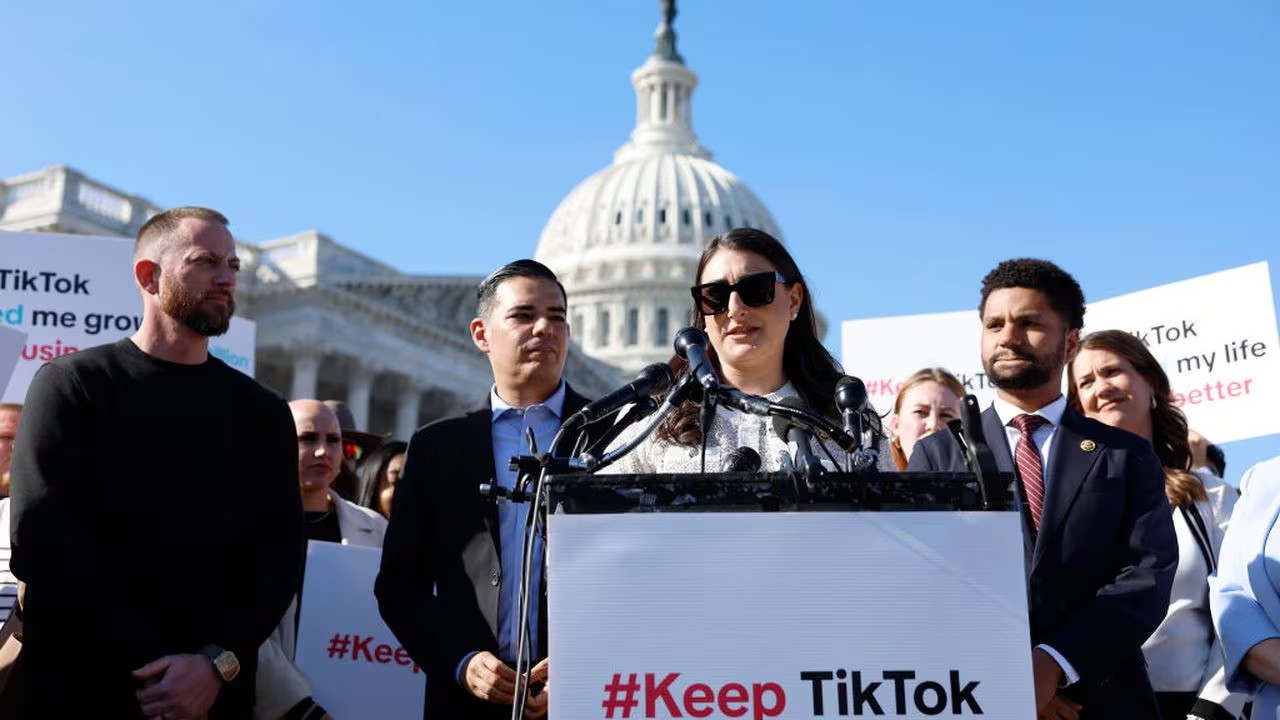It is possible that what you have just read has made the hair on the back of your neck stand on end. Labor force replaced by robots? But what kind of witchcraft is this! You will think to yourself in horror, human beings are irreplaceable, you will say trying to convince yourself that you will be fine, that you will be a useful person for society and that your profession will be one of the most demanded in the future (that’s why you chose it).
Well my friend, it’s time for you to start getting off that cloud you’re on, because this article about the future of the workforce is not based on assumptions, or conspiracies, or anything close to it. A McKinsey Global Institute report states that, by 2030, up to 800,000 careers will be replaced worldwide.
The workforce will be replaced by robots: not speculation, here’s what’s being said on the subject
The revealing McKinsey Global Institute report states that:
“Doctors, lawyers, journalists and many others will be replaced by 2030, so every worker on the planet will need to adapt, as their occupations evolve along with increasingly capable machines.”
For his part, Martin Ford, author of Rise of the Robots: Technology and the Threat of a Jobless Future, comments on the subject that:
“A lot of people assume that automation will only affect blue-collar workers, and that as long as you go to college you’ll be immune to that, but that’s a lie, there will be a broader impact.”
So, the above statements lead us to ask ourselves some questions: Will your university degree in philosophy, economics, management or any other profession that has nothing to do with fixing robots or writing algorithms have any value? And what are universities doing now, thinking about the future in which the workforce will be replaced by robots?
Let’s get ready for the future!
Here’s where something even scarier comes in, for according to Nancy W. Gleason, Ph.D., director of the Center for Teaching and Learning at Yale-NUS University in Singapore and author of Higher Education in the Era of The Fourth Industrial Revolution:
“Most universities are not doing enough to prepare students for the automated workforce. We need to teach them to be cognitively flexible, to have skills and the confidence to try different jobs throughout their lives. In the gig (collaborative) economy, you’re not going to have seven employers, you’re going to have seven careers. People might say, ‘Oh, my history degree didn’t help me at all.’ Well, guess what, neither will a degree in radiology, dentistry or law.”
So, it possibly doesn’t matter much what profession you have, because by 2030 artificial intelligence and robotics will have already taken many jobs out of the picture. Therefore, the most disconcerting thing is that we really don’t know for sure what is going to happen.
This article may also be of interest to you: The age of automation: our lives in the hands of machines




